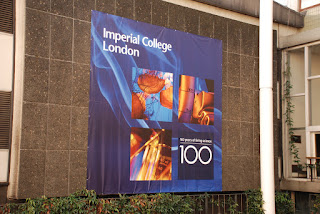Window into the Mind

Human Brain Cell Transplant Provides Incredible Detail on How Brain Operates Human Brain Cells Breakthrough Neuroscience by Imperial College London Scientists have created a window into the brain, which allows them to watch in real-time and with incredible details how human brain cells develop, connect and communicate with each other. The potential of their approach may result in better understanding of brain conditions like autism and provide eventual cures. Volunteer Donators Researchers from Imperial College London and the University of Cambridge transplanted human brain cells from volunteers into a mouse brain. It allowed them to study the way human brain cells interact in a natural environment. Down Syndrome The team used the technique to model Down Syndrome using brain cells donated by 2 individuals with the condition. They saw significant differences in the brain cells from those with Down Syndrome and those without it. They noted the cells are n...

